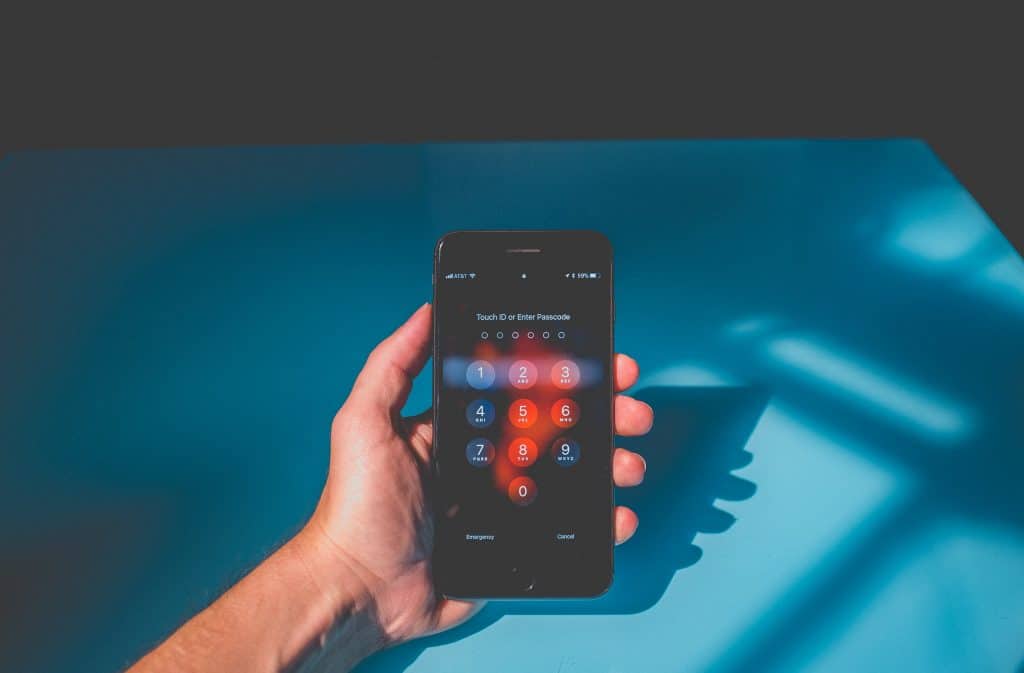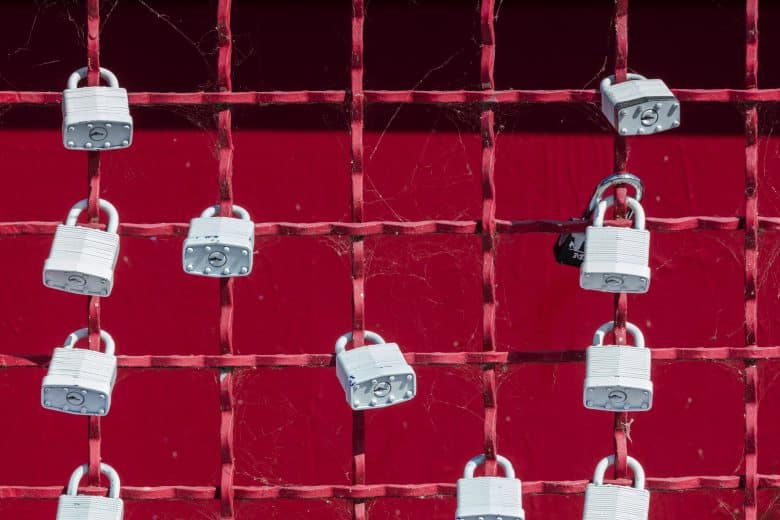In 2019, 3.2 million people were victims of identity theft. Preventative measures like backup solutions for Microsoft 365 help to protect data and keep stored information saved in case of a data breach. The use of computers and mobile devices is on the rise, and our sensitive details are scattered all over the place. In addition to data backups, users can adopt five safer online practices to keep their data safe and secure.
1. Be Wary of Providing Your Personal Details
Our personal data is everywhere. From logins to different sites and applications to storage in our mobile devices, we leave a bit of a trace everywhere. To keep your data protected, think twice before you enter anything. Always make sure that the site or application you’re using is secure and reputable. Unless you’re providing information to a well-known entity, stay away from providing things like social security numbers, phone numbers, or other personally identifiable information.
2. Change Up your Passwords
Because there are so many apps out there today, each one asking for a username and login, it’s easy to get mixed up. Many of us get into the habit of using the same passwords across multiple sites and keeping them for long periods. To keep data safe, change your passwords often. Don’t use the same credentials for every website and application (even though it’s easy!). Besides, don’t use guessable passwords. Go with combinations of letters, numbers, and special characters that are difficult to guess.

3. Encrypt Your Data
When you encrypt your data, it’s nearly unreadable. When a hacker cracks into a system with encrypted data, it is presented to them is a hash style, which is a combination of unreadable characters translating to nothing. One trick is to look at the search bar when visiting websites. If there is a lock present, that means that any data entered is encrypted on input. As far as your own data is concerned, you can use encryption software to keep your data out of harm’s way.
4. Be Choosy with Your Wi-Fi
Wi-Fi seems to be everywhere. We can hop into a café for a coffee and rest assured that we’re not going to run into data overages for skimming through social media. While surfing the web and scrolling through social sites is ok, you want to be careful about sending personal information when connected to public Wi-Fi. These hotspots are targets for hackers, and they can intercept anything that you send from one place to another if they break into the system.
5. Read Privacy Policies
We know these are long, and they seem to go on and on. But privacy policies come with all the juiciest details about what will happen with your data. These policies share what types of data the website collects and how they use it. Some websites send information to third-party sites – usually what winds up in your junk mail, which could be a hassle to deal with. After reading the privacy policies, you can select whether or not you agree and can change your cookies settings if needed.

Protect Your Data
It isn’t easy to get used to searching the web more carefully. We are so used to jumping from website to website and often ignore warning signs. This is exactly what hackers are looking for, hoping that you click ‘accept’ on one of their tricks. Taking a look at the privacy policies and practicing better online habits are preventive ways to keep your data safe. Most of the time, those wanting to get ahold of personal data are looking for vulnerabilities, and user habits happen to be one of them. Being more aware of what you share and how you share it is the first step to securing your personal information and details.













Leave a Reply